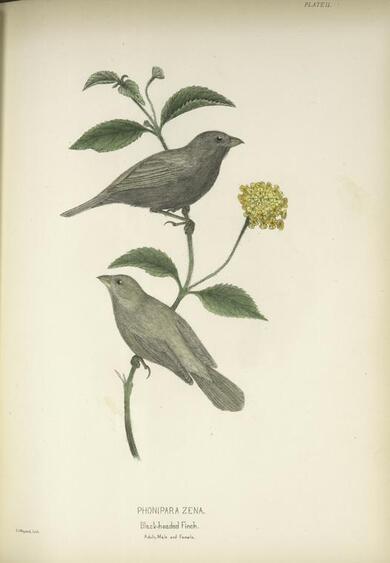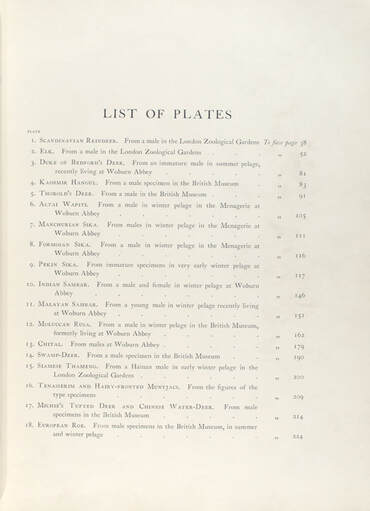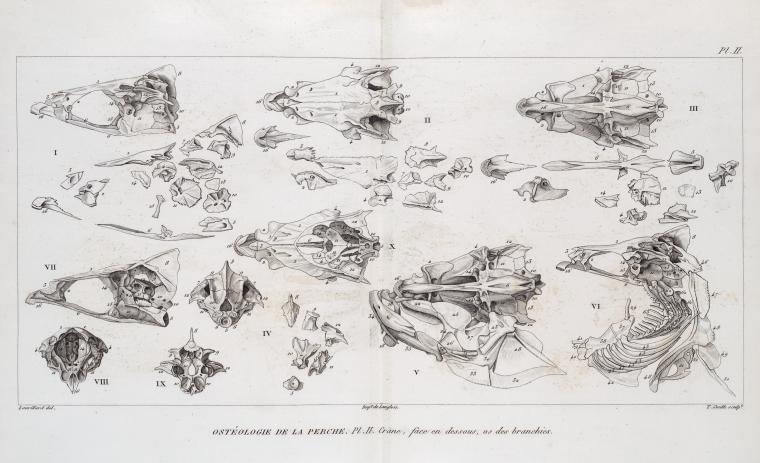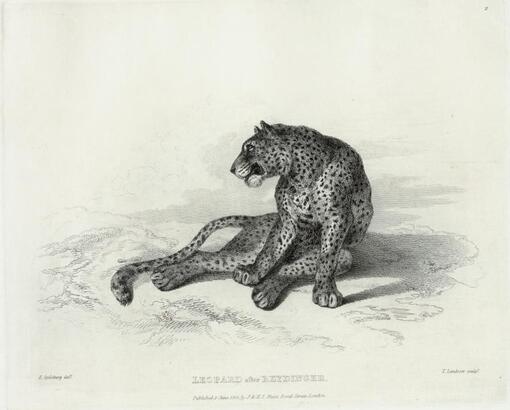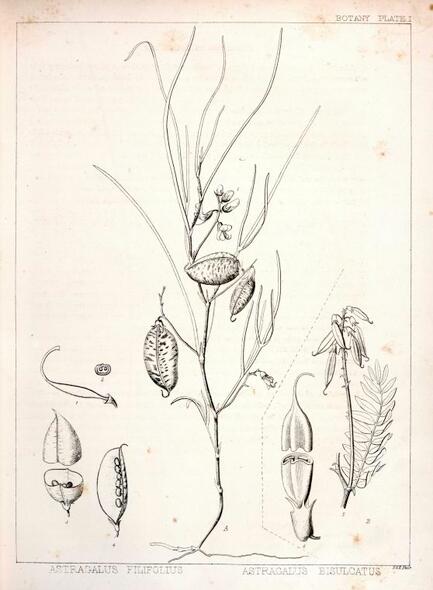 General Research Division, The New York Public Library. (1860). A. Astragalus filifolius, 1. Pistil enlarged, 2. Cross section of the ovary enlarged, 3. Legume transversaly divided, 4. Same longitudinally divided; B. Astragalus bisulcatus, 5. Fruit with a leaf, etc., 6. Fruit, with the calyx, etc., transversely divided, enlarged to thrice the natural size. Retrieved from https://digitalcollections.nypl.org/items/510d47d9-5384-a3d9-e040-e00a18064a99 Pistil 1. My heart took root. Legs underwater. Legs in the sink. Legs in the garden. Legs all the way basement down. 2. I was born inside a peach pit. You bit the stone. Juice dripped down your chin. 3. When they cut my soul in half to look for worms they found stray pink yarn. 4. When they cut my brain in half to look for worms they found silk ones spinning legacies. 5. The baby with a leaf growing out of her-his head. 6. I shattered the crib with all my futuring. Soon to be soon to be soon to be. Phonipara Zena The sun was an orange USB drive that held every photograph from when we were children: sandbox, slate, pocket knife, bond fire, bone. We stood back to back then walked the length of our branches. Yellow catastrophe. Yellow song. All the old music from when we could easily download the world. What did I know about waiting? We were finches. Flower necks could hold us. List of Plates
Ostèologie de la perche Together we traced Pangea beneath your face. Filled in what lapses the ocean would take dominion over. Sometimes I want to be a 24/7 submissive. Want to empty myself of everything but service. Who out there would like to use my bones? With a paring knife, I slip one out and place it beneath my mother’s bed. Baby teeth are recycled. Your mother’s baby teeth are your baby teeth and so on and so on. Once I lied to my mother and said the “mother” in my poems is not her but the idea of a mother. What is the distance between the idea of something and the real walking body? Charting the continents, the shorelines change. Sometimes I have ribs and sometimes my chest is just wide open. A skull within a skull. “No more drifting. There’s not enough time. We need to race,” says the tectonic plates. An earthquake names itself after your birthstone. Leopard I wanted to take back my detail. Peel the outline like a rind and walk unblotted and staining. Wearing all white in the middle of a field. All I can see is eyes. Running as fast as a car until my knees become bullets. Bullet proof glass. Resting peacefully in the stippling. A point for every single mouth. The scream collection. Hilltop gazing at the circus tent as it’s hoisted against the mountain backdrop. Soon, a Shakespeare festival will gather in the dark and perform the old story of my name as fast as they can. Rushing through lyrics until there’s only gesture. The best stories are stretched against sound and velocity, not words. I wanted you yesterday. Now all the peaches are rotten. We’ll have to eat each other. Robin Gow
Robin Gow is a trans poet and young adult author from rural Pennsylvania. They are the author of Our Lady of Perpetual Degeneracy (Tolsun Books 2020) and the chapbook Honeysuckle (Finishing Line Press 2019). Their first young adult novel, A Million Quiet Revolutions is forthcoming March 2022 with FSG Books for Young Readers. Gow's poetry has recently been published in POETRY, Southampton Review, and Yemassee. They live in Allentown Pennsylvania with their two pugs and work as a community educator.
0 Comments
Your comment will be posted after it is approved.
Leave a Reply. |
The Ekphrastic Review
COOKIES/PRIVACY
This site uses cookies to deliver your best navigation experience this time and next. Continuing here means you consent to cookies. Thank you. Join us on Facebook:
July 2024
|
